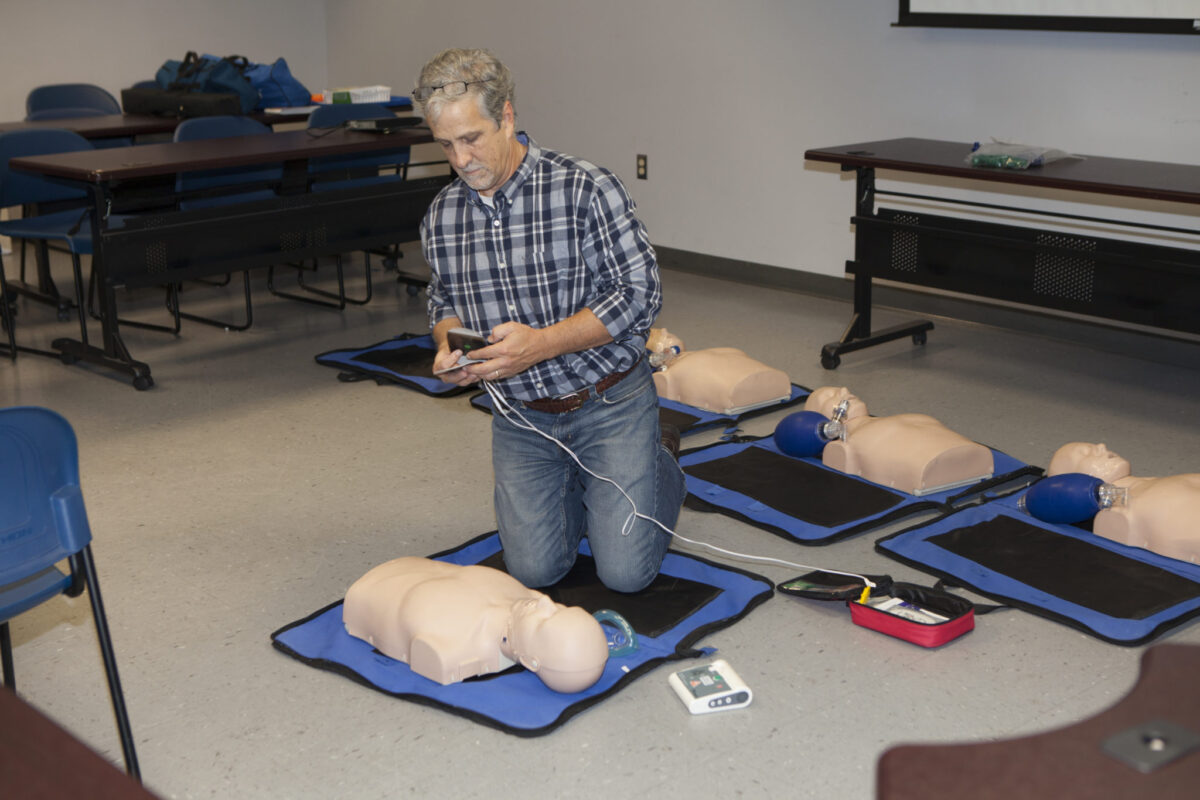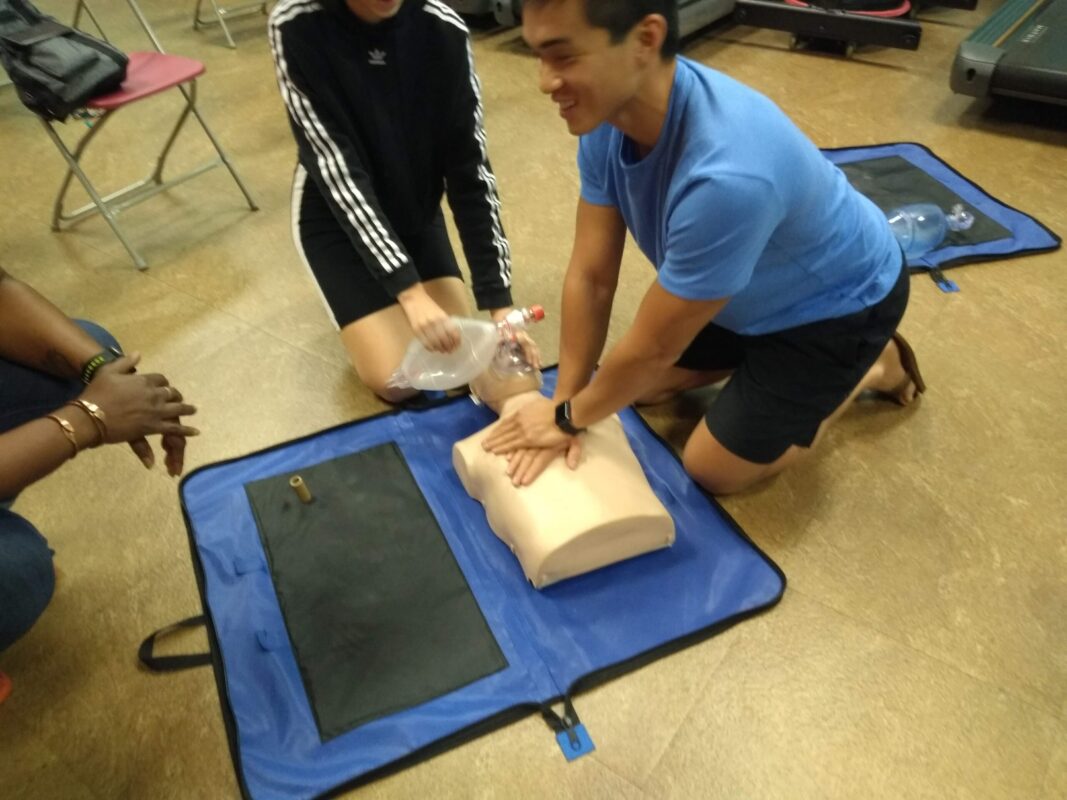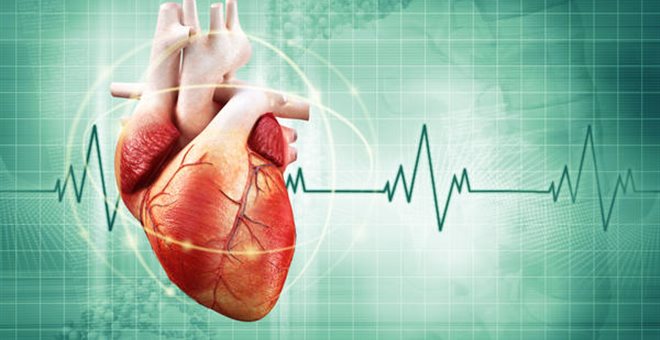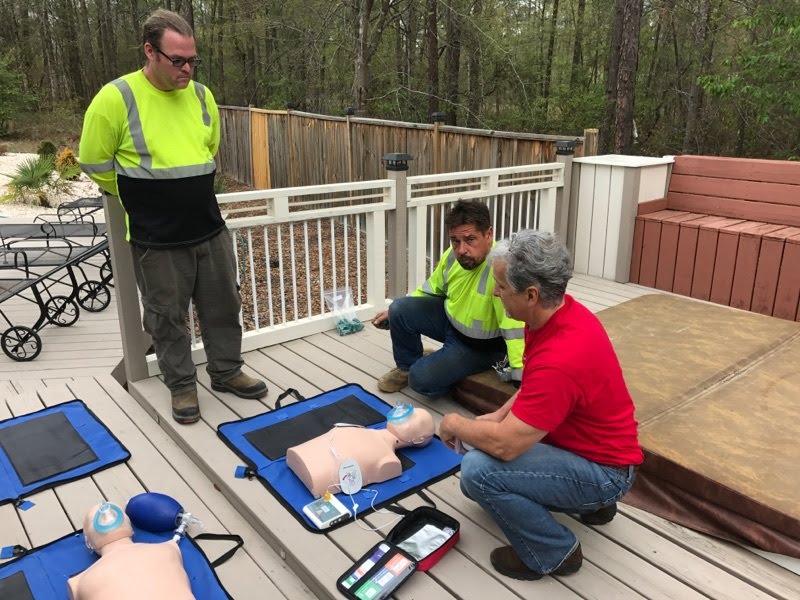
CPR Certification Martinez, Ga.
The heart is one of the most vital organs in the body. It has many different functions and parts. One of the important parts of the heart is the pericardium. The pericardium is the fluid filled sac that surrounds the heart and the proximal ends of the aorta, vena cava, and the pulmonary artery. There are about three functions of the pericardium. First, it keeps the heart contained in the chest cavity, second, it prevents the heart from over-expanding when blood volume increases, and third, limits heart motion. The pericardium is divided into about three layers. The first layer is the Fibrous Pericardium. “The Fibrous Pericardium is the outer fibrous sac that covers the heart. # It provides an outer protective layer for the heart, keeps the heart contained in the chest cavity, and Prevents the heart from over-expanding when blood volume increases. The second layer of the pericardium is the viseral pericardium also known as the epicardium. “The viseral pericardium or the epicardium is the outer layer of the wall of the heart. # It is composed of connective tissue covered by epithelium. It provides an extra outer layer for the heart. “The third layer of the Pericardium is known as the parietal pericardium. The parietal pericardium lies between the viseral pericardium and the fibrous pericardium. # It is used to provide an additional layer of insulation of the heart.
Another important part are the coronary arteries. “The heart muscle is supplied by the coronary arteries which are direct branches of the ascending aorta, so the heart muscle gets the freshest blood possible. The heart muscle is drained by the cardiac veins. Most of the drainage goes from the coronary sinus into the right atrium. A small amount of blood drains directly into the right atrium by the way of the cardiac veins.






